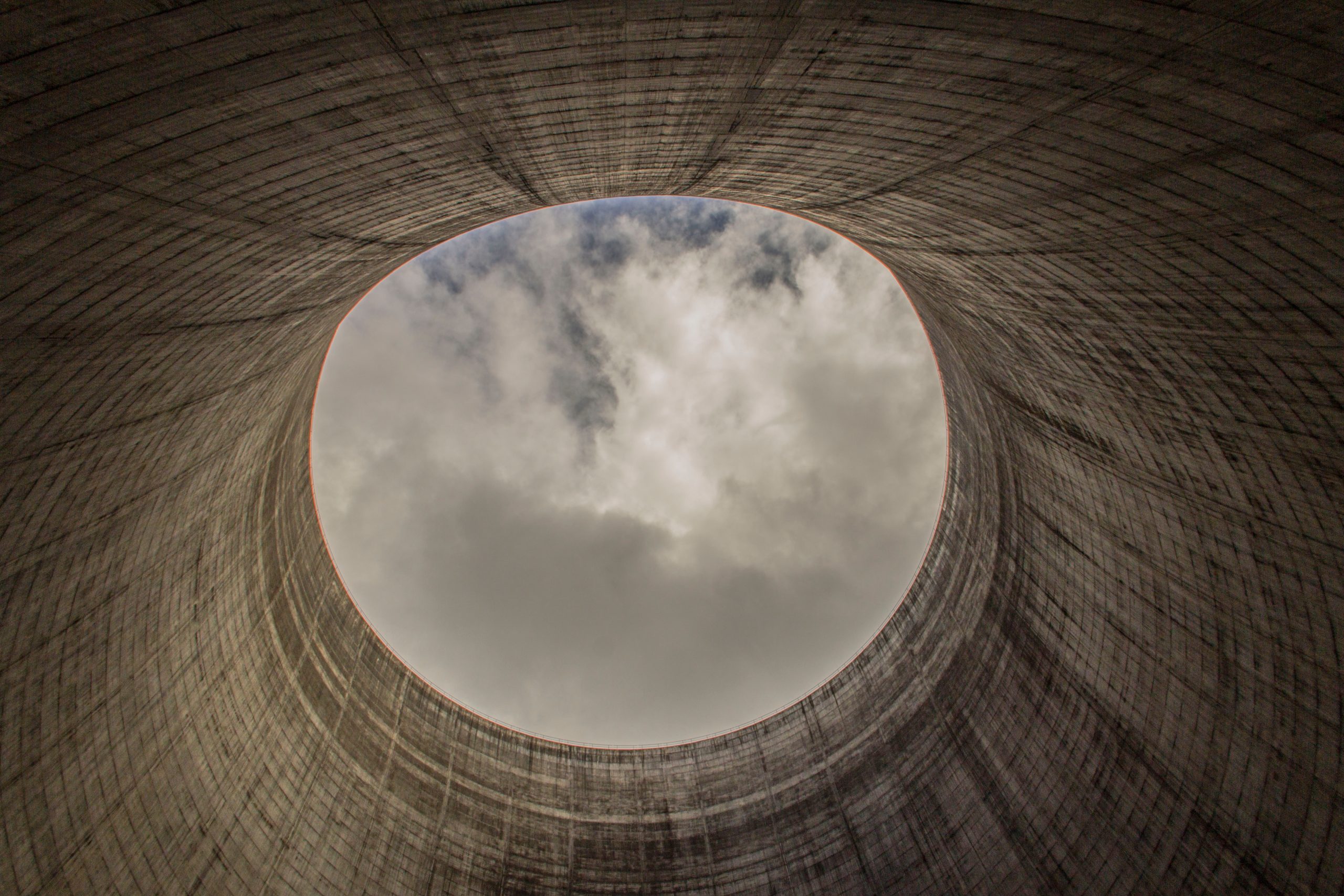
Chris Lange, FISM News
[elfsight_social_share_buttons id=”1″]
U.S.-Russia relations hit another low point Tuesday with Moscow’s announcement that it had tabled the scheduled nuclear arms control talks with Washington set for this week.
Russia’s Deputy Foreign Minister Sergei Ryabkov cited starkly different approaches to the subject and ongoing tensions over Ukraine in the decision to forego the Cairo meeting, Reuters reported. The news has ratcheted up concerns about the fate of the last remaining nuclear arms control pact between the two powers.
“We faced a situation when our U.S. colleagues not just demonstrated their reluctance to listen to our signals and reckon with our priorities, but also acted in the opposite way,” Ryabkov said at a briefing in Moscow.
Ryabkov accused the U.S. of pushing for inspections under the New START treaty while ignoring Russia’s request to address specifics regarding the weapons count under the pact.
Washington has not commented on the new development.
Russia installs new nuclear power station chief, quashing rumors of planned evacuation
Days of speculation that Russia was planning to evacuate the endangered Zaporizhzhia nuclear power station may have just been put to rest. Russian nuclear energy agency Rosenergoatom announced on Wednesday that chief engineer Yuriy Chernichuk had been promoted to plant director, filling the position left vacant since October, when Ukrainian Director Ihor Murashov was abducted by Kremlin authorities on his way home from the plant.
Russian forces have occupied the nuclear power station, Europe’s largest, since March. Moscow said in October that it had put Russia’s nuclear authorities in control of the site, a move Kyiv decried as illegal.
Renat Karchaa, an adviser to Rosenergoatom’s CEO, hailed Chernichuk as a “courageous” successor, adding that representatives of the former plant staff had signed new employment contracts.
Energoatom, Ukraine’s state-run nuclear power operator, said in May, however, that Chernichuk and other staff members were being held as “hostages” by Russia and forbidden to leave the city of Enerhodar where the Zaporizhzhia plant is located.
The plant’s last working reactor was shut down on Sept. 11, 2022, when transmission lines connecting it to the surrounding power grid were cut amid heavy shelling that caused extensive damage to the site. Ukraine and Russia accused one another of causing the damage. Continued fighting around the nuclear power station has, on several occasions, forced operators to rely on temporary backup generators to maintain the six reactors’ cooling systems to avert a potentially catastrophic radiation leak. United Nations nuclear watchdog IAEA has repeatedly called for the establishment of a demilitarized zone around the perimeter of the facility, to no avail.
Russia: Finland, Sweden NATO membership may hasten Arctic militarization
Russia’s foreign ministry said on Wednesday that if Sweden and Finland join NATO, it may serve to accelerate the militarization of the Arctic region.
Russia’s Arctic Council spokesperson Maria Zakharova told reporters that “It cannot be ignored that once these countries join the alliance, all member states of the Arctic Council apart from Russia will be members of the North Atlantic bloc.”
“This could lead to increased militarization of the Arctic region but in turn, it would mean a significant increase in tensions over high latitude security risks,” Zakharova continued, though she clarified that the Arctic Council does not deal with military security issues.
NATO members unanimously approved the Swedish and Finnish bids to join the alliance. However, Hungary and Turkey have both delayed the necessary formal parliamentary approval.
Blinken calls Russian attacks on Ukraine’s energy grid ‘barbaric’
U.S. Secretary of State Antony Blinken said on Wednesday that Russia’s weeks-long attacks on Ukraine’s energy and infrastructure won’t succeed in blunting support for Ukraine.
Speaking at a NATO Foreign Ministers’ Meeting in Bucharest, Romania, Blinken called the Russian attacks “barbaric.”
“We know President Putin’s playbook — freeze and starve Ukrainians, force them from their homes, drive up energy, food, and other household costs, not only across Europe but around the world and then try to splinter our coalition,” Blinken said at a joint press conference.
“President Putin thinks that if he can just raise the costs high enough, the world will abandon Ukraine. That will leave them to fend for themselves. His strategy has not and will not work.”
Blinken added that U.S. and allied support for Ukraine will remain “ironclad … throughout the winter and for as long as it takes for Ukraine to succeed.”
